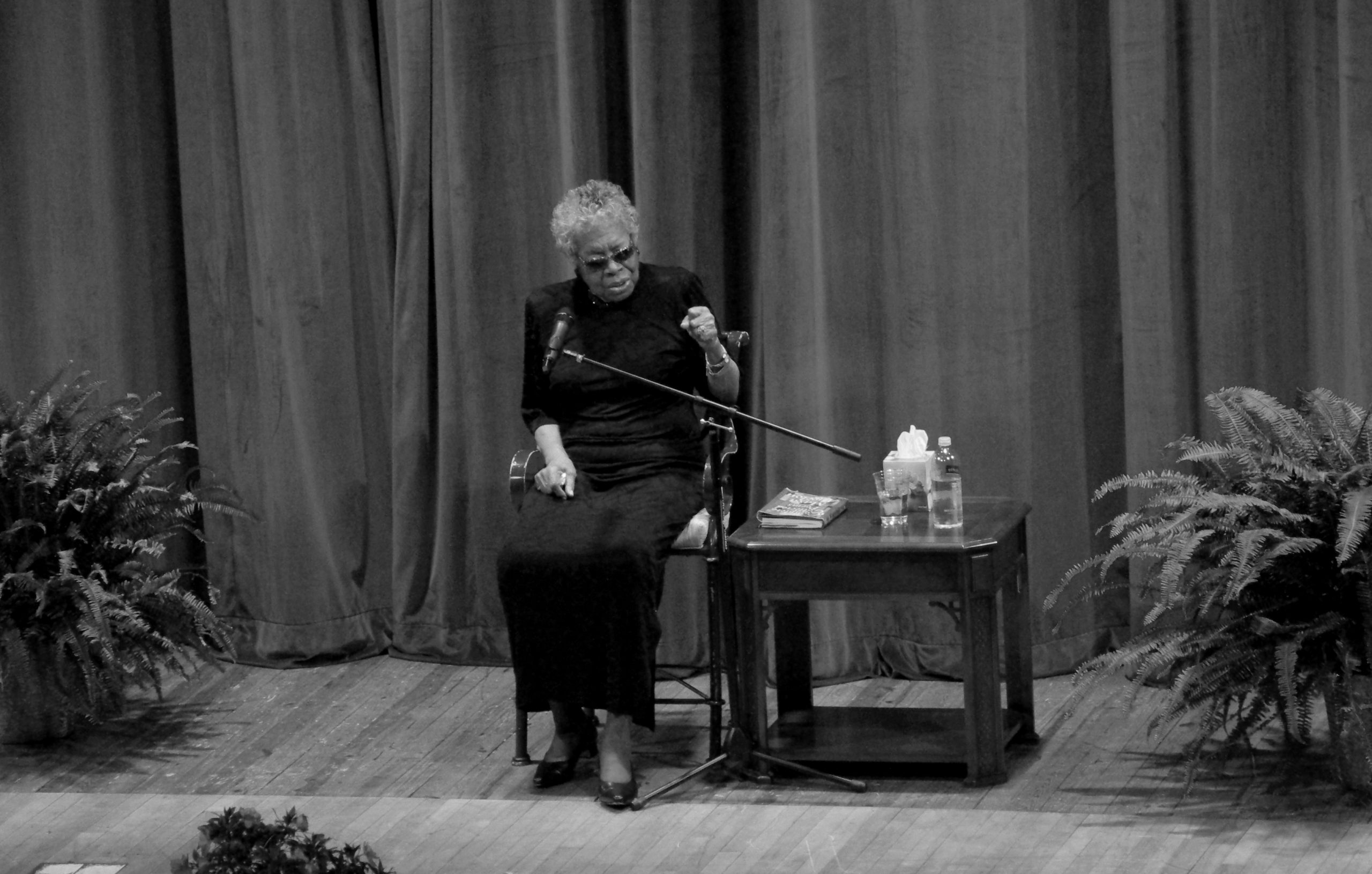Henry Moore, Director of Family-Driven Practice at Families as Allies, authored this blog entry on Cultural Humility and Cultural Reciprocity in recognition of Black History Month.
Working at a family-run organization has helped me learn more about cultural values and beliefs from a broader range of diverse families. I have learned to recognize and honor racial and ethnic differences. I have also learned to welcome and respect the perspectives of people who do not look like me.
Here is how this happened. As part of our leadership training, we stress the importance of Cultural Humility and Cultural Reciprocity.
Cultural Humility is a lifelong commitment to self-evaluation to improve relationships with people who have different backgrounds and who look different from you.
Cultural Reciprocity requires us to understand our own cultural perspectives and how those perspectives may interfere with our understanding of a person who looks different than us.
If you know the concept of Cultural Competency, you might wonder why that isn’t part of this dialogue. Let me explain. It is almost impossible to master every culture, and it can also lead to stereotyping. Stereotyping people is a type of prejudice based upon how a person looks on the outside.
During our training, we ask individuals to pair up with someone who looks different. In one instance, that meant that I, a black man, paired up with a white woman. Then we interviewed one another with this question: “What is one stereotype about your culture or national heritage that has bothered or hurt you?”
Of course, I had many to choose from, being a black man, but I only gave her two. First, it bothers me when I’m on the jogging trail and jog towards a white woman, and she appears scared and turns and runs the other way. Second, one morning while going to our executive director’s beautiful home for our staff retreat, I was profiled and followed by the police because I didn’t look like I belonged in “that neighborhood.”
This training activity was very intense. I hope that it helped the white woman I paired with know more about people who look different from her.
As Maya Angelou said in her poem Human Family, “We are more alike, my friends, than we are unalike.”
[Maya Angelou photo courtesy Brian Stansberry/Tennessee Technological University]

